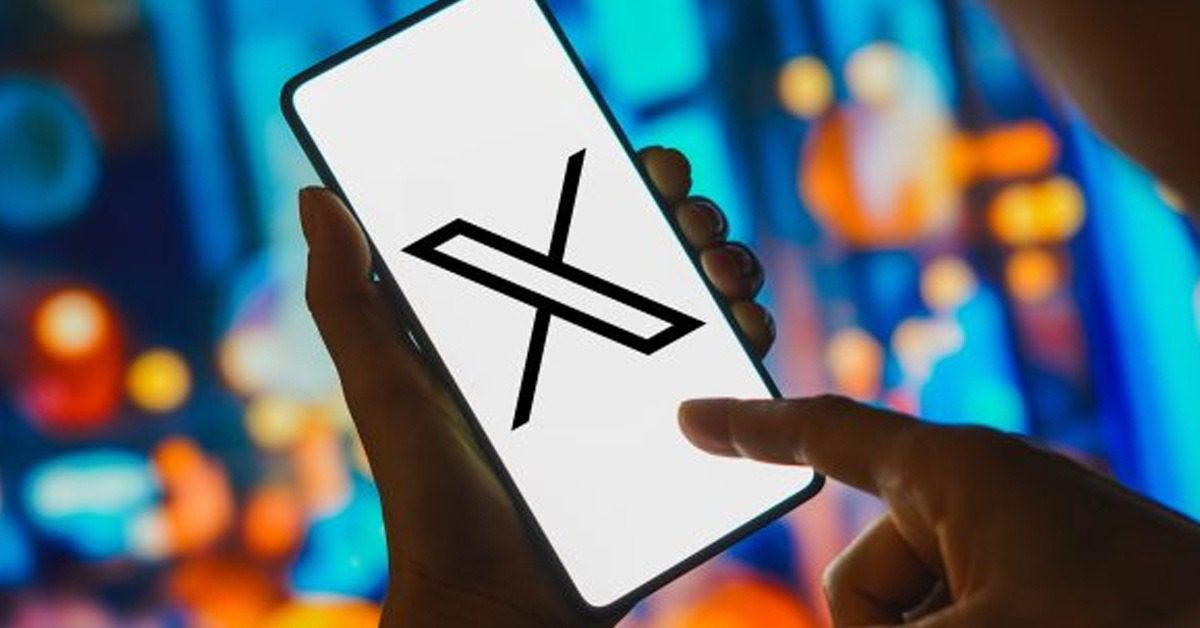ISLAMABAD: Twenty-eight civil society groups, including Amnesty International and the Human Rights Commission of Pakistan (HRCP), published a joint statement this week urging for the rapid reinstatement of social networking platform X across the country.
X, previously Twitter, was down in Pakistan on February 17 after a government official admitted to rigging votes in the February 8 general election. The admission came as former Prime Minister Imran Khan’s Pakistan Tehreek-e-Insaf (PTI) and other political parties held nationwide rallies, alleging that the Election Commission of Pakistan (ECP) manipulated elections, which it rejects.
X’s prolonged disruption has raised widespread concerns about the country’s democratic freedoms, with the US and several international organizations urging Pakistan to provide unrestricted Internet access, and leading digital rights activists calling the blockade a “blatant violation” of civil liberties.
Pakistan’s Information Minister, Ataullah Tarar, disputed last week that there was a restriction on X, claiming that individuals were still posting on the social networking site.
“Amnesty International is one of 28 civil society organizations that have signed a joint statement calling for the immediate restoration of the social media platform,” the global human rights organization stated in a post on X on Saturday.
“And urge the Pakistani authorities to uphold the rights to freedom of expression and access to information under the country’s international human rights commitments.”
The joint statement is signed by 28 civil society groups, including the Digital Rights Foundation (DRF), Media Matters for Democracy (MMFD), HRCP, Amnesty International, Human Rights Watch (HRW), Pakistan Press Foundation (PPF), and others.
The statement, issued on Friday, expressed “profound concern” over the rising number of Internet shutdowns and prohibitions on social media platforms, particularly in the days running up to the February 8 election.
It also voiced concern about the Pakistan Telecommunication Authority’s (PTA) “complete silence” in failing to provide any explanations for its actions, accusing it of exceeding its jurisdiction by blocking a full Internet platform.
“We urge the incoming government, regulators and other public bodies to recognize that any action that affects the flow of information and limits citizen’s ability to express themselves, has a direct and lingering impact on citizen’s human rights including the right to political participation,” the statement went on to say.
Prior to the current shutdown, Pakistan had witnessed many Internet interruptions in recent weeks, rendering social media platforms such as Facebook, YouTube, X, and Instagram unusable. Recent incidents occurred on Jan. 20, Jan. 7, and Dec. 17, when Khan’s PTI party hosted virtual gatherings.
The administration blamed the outages on “technical glitches.” Historically, such shutdowns have had a severe impact on Pakistan’s economy. According to the region’s two major payment system providers, 1LINK and Habib Bank Limited, point-of-sale transactions routed via Pakistan’s primary digital payment systems decreased by about 50% the day following Khan’s arrest in May last year.

